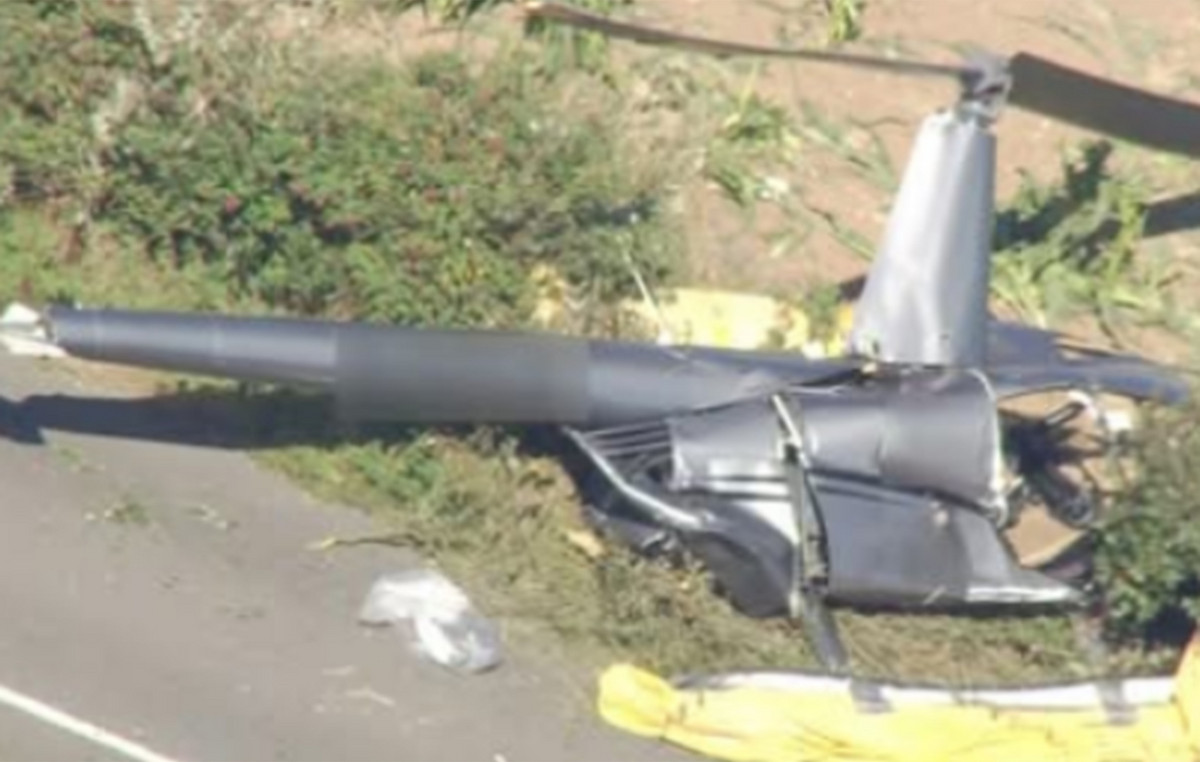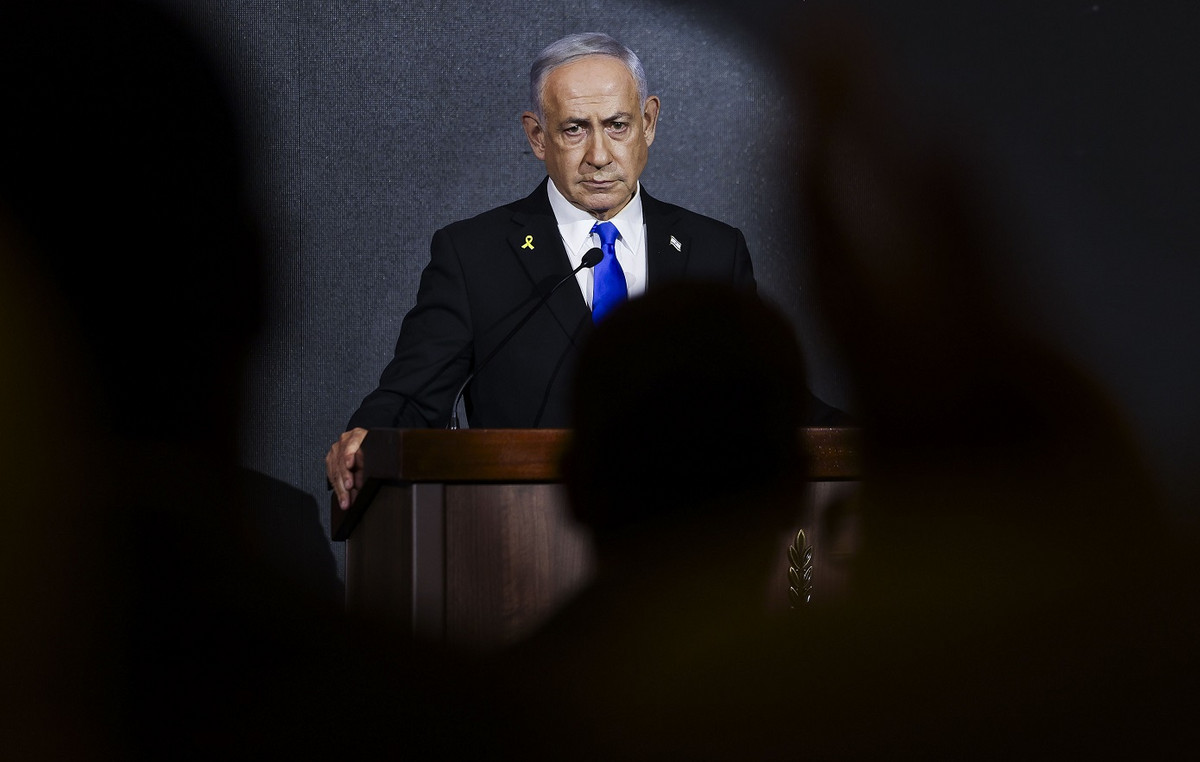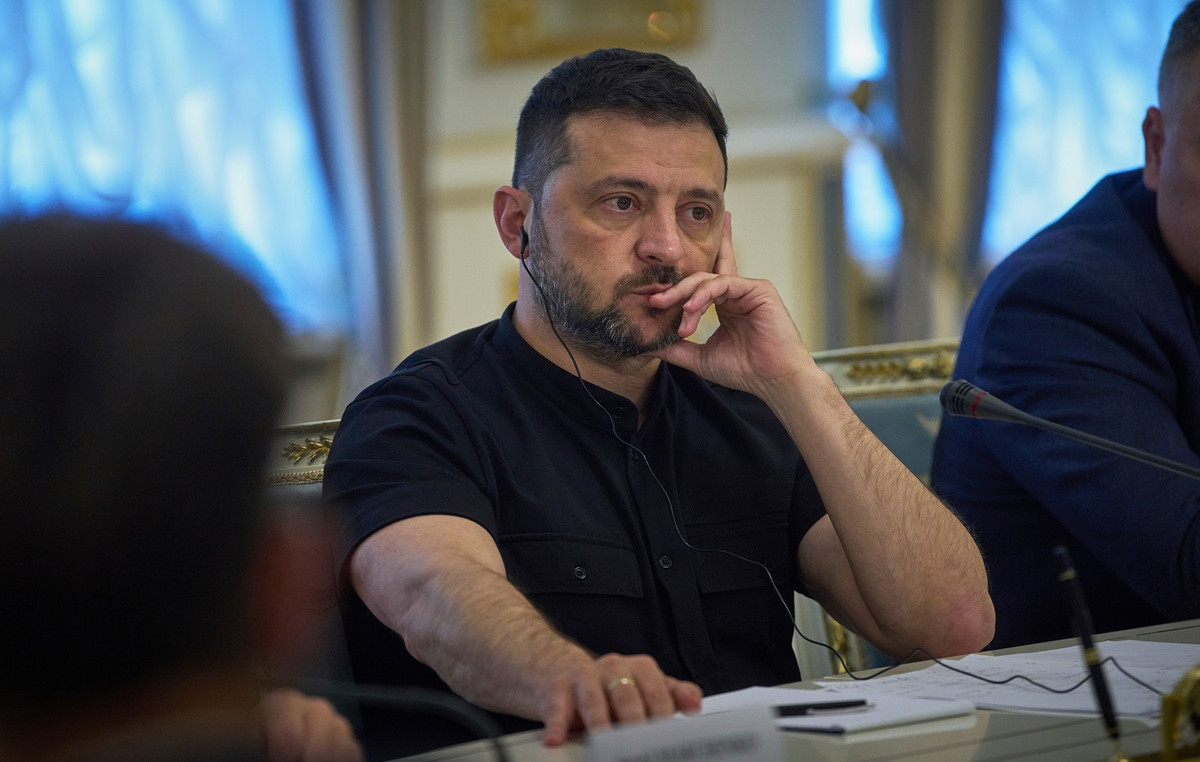Argentines go to the polls this Sunday (22) to decide who will be the country’s new president. Whoever wins will succeed Alberto Fernández from December 10th.
As happened in the primary elections, in addition to the new president, 130 deputies and 24 senators from eight provinces will also be chosen. There are also elections for governor of Buenos Aires, Catamarca, Entre Ríos and Santa Cruz, and for the head of government of the city of Buenos Aires.
There are five candidates running to occupy the Presidency of Argentina:
- Sergio Massa, current Minister of Economy and candidate for the União para a Pátria government;
- Javier Milei, from A Liberdade Avança;
- Patricia Bullrich, from Together for Change;
- Juan Schiaretti, governor of Córdoba, from Hacemos por Nuestro País;
- Myriam Bregman, deputy for the Left and Workers Front.
After ending their campaigns, the candidates are now preparing for this Sunday’s elections. This year, more than 35 million people will be able to go to the polls to vote, according to the national government’s Political Electoral Observatory.
what is at stake?
Argentine analyst and researcher Carlos Germano, director of the consultancy Carlos Germano y Asociados, said that, in these elections, what is at stake is the end of a cycle.
He pointed out that the country is facing a “full transition of political leadership”, which has allowed the emergence of figures such as Javier Milei, representative of the country’s extreme right.
“The rupture between citizens and political leaders has been so strong in recent years that it has allowed the emergence of a figure who, with a brutal synthesis in his political campaign, has clearly managed to capture young people over the age of 40”, stated Germano in reference to Milei .
In turn, consultant and political analyst Federico González, director of Federico González y Asociados, believes that Argentina faces a dichotomy in the next elections: the defense of democracy and the desire to transgress institutions.
“An important fact at stake is republicanism versus the transgression of institutions, a sister variant of the concept of ‘Civilization and Barbarism’”.
González added that “on the political level, on the one hand, the face of the Republic is at stake and, on the other, a kind of ‘If I don’t like the Constitution, I will act according to my desire’”.
In the same conceptual line, but with some variations in relation to her colleagues, researcher and public opinion analyst Shila Vilker expresses that “Argentine politics is at a kind of crossroads”.
The director of the Tres Punto Zero consultancy considers that “there is a great social agreement, even among voters of the party in power, that the current situation cannot continue”.
“For some, it’s a total system change. For others, it is a change of action. For others, it is a change of direction in relation to the direction Argentina is taking. Either way, the meaning of the change is not very clear,” adds Vilker in his explanation.
In this sense, the analyst asserts that there is “a turning point in a process that cannot continue inertia and has to reorient its course and identity”.
Video: The effects of Milei’s possible victory in Argentina
How are the research going?
The government candidate for the Presidency of Argentina, Sergio Massa (Unión por la Patria), appears ahead in voting intentions in the first round, with 30.9%, according to the latest AtlasIntel survey, released on Friday (13).
Javier Milei (La Libertad Avanza) has 26.5% and Patricia Bullrich (Juntos por el Cambio), 24.4%.
Juan Schiaretti (Hacemos por Nuestro País) reaches 10% and Myriam Bregman (Frente de Izquierda) has 3.2%.
See the comparison with previous searches (click on the desired date):
The survey interviewed 5,702 people over the age of 16 via digital means and randomly between October 10th and 13th. The confidence level is 95%, with. The margin of error is plus or minus one percentage point.
This Sunday, Argentines will go to the polls to vote in the first round.
To avoid a second round, one of the candidates must achieve:
- 45% of the votes
- or 40% and a difference of ten percentage points in relation to second place
The new round of elections is scheduled for November 19th.
See also: Milei’s event in Buenos Aires has a jingle in Portuguese
Published by Flávio Ismerim, with information from Douglas Porto, from CNN Brasil, and Damian Martino, from CNN Espanhol
Source: CNN Brasil
Bruce Belcher is a seasoned author with over 5 years of experience in world news. He writes for online news websites and provides in-depth analysis on the world stock market. Bruce is known for his insightful perspectives and commitment to keeping the public informed.







